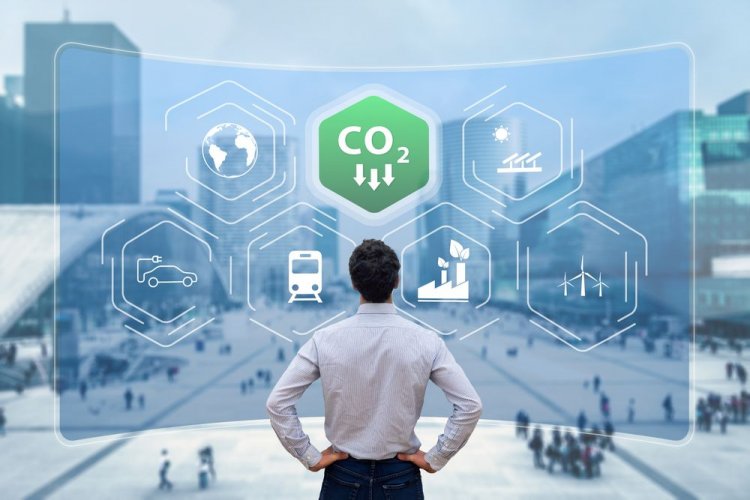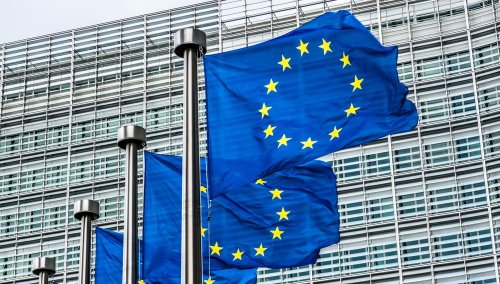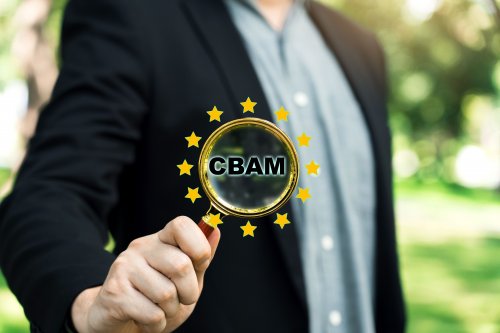Industry leaders and 22 non-governmental organizations have appealed to European co-legislators in an open letter calling for the EU's Emissions Trading System (ETS) and Carbon Border Adjustment Mechanism (CBAM) to be agreed.
These mechanisms support industrial transformation, in particular decarbonization, and help fight climate change, reports WWF – World Wide Fund for Nature.
The signatories believe that a strong reform of the EU ETS and a well-designed CBAM can really help reduce emissions in the industrial sector.
They noted that the final CBAM and ETS legislation should end the provision of free ETS allowances as soon as possible and take into account better and time-limited free targeting of them.
"During the ETS and CBAM negotiations, it is critical that co-legislators agree to support industrial transformation by ending free services to industry as soon as possible and instead spend money on a green transition," said Camille Mori, WWF's senior policy director.
She also added that free ETS permits should be conditional on both energy efficiency requirements and decarbonisation plans to incentivize it.
Earlier EcoPolitic wrote, that experts named 3 reasons why the war in Ukraine requires a rethinking of the CBAM planned in the EU (carbon border adjustment mechanism).
As EcoPolitic previously reported, Bloomberg stated that in most Asian countries, prices and taxes on carbon emissions are too low to significantly influence the fight against climate change and force polluters to reduce emissions.





